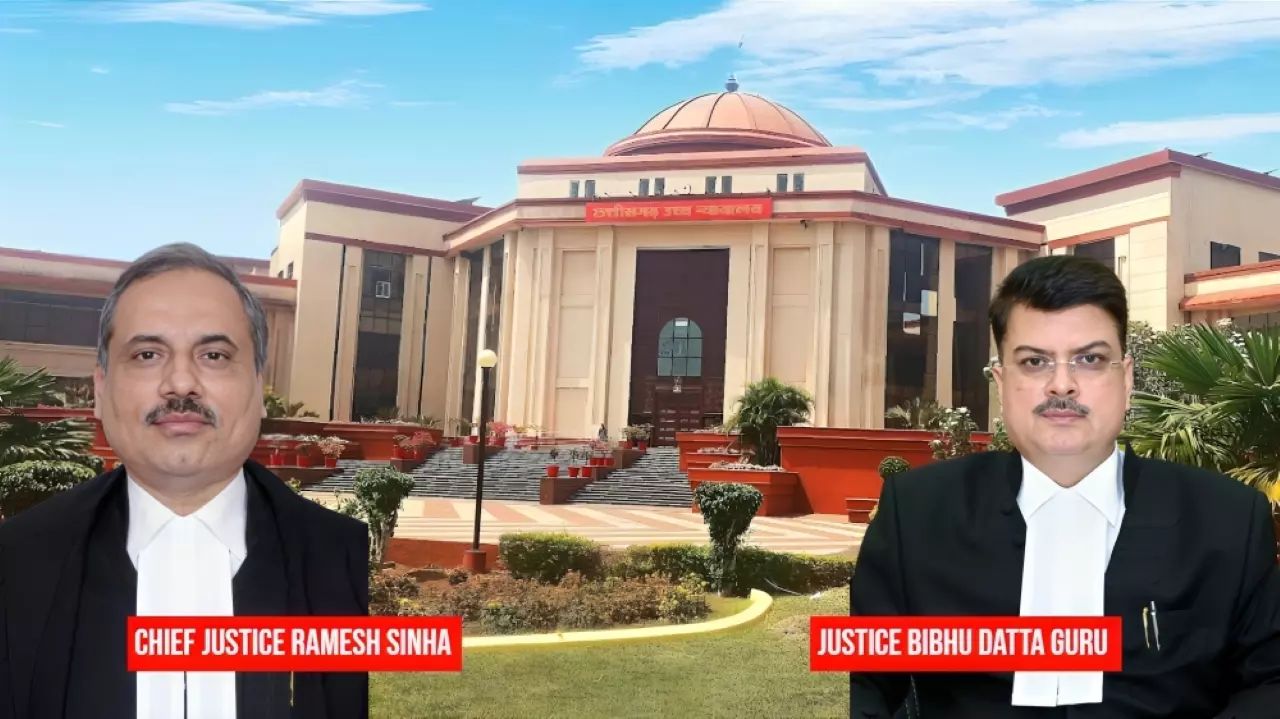Know Your Law | Legal Remedies Available In Case Of Insurance Disputes

Insurer denies the claims that leds Insurance disputes, sometimes valide and sometimes unjustified. Resolution depends on state laws, claim type, policy terms, etc. Understanding all the aspects and legal remedies relating to Insurance Dispute.
Thank you for reading this post, don’t forget to subscribe!
NEW DELHI: Now a days when the world is so uncertain, insurance offeres an essential financial protection. It is a legal contract where the insurance company promises to compensate for specific losses in return for a premium. Claims can be made for damages or injuries, covered under the policy.
However, the insurer may deny or delay the rightful claims. In such cases the isured has access to legal remedies. Insurance Laws governs the regulation and enforcement of insurance practice, ensuring fair and transparent dealing between the insurer and the policyholder.
ALSO READ: SCBA Members Revolt Over Expensive New Insurance Policy, Demand Urgent Meeting!
Insurance And Insurance Disputes
Insurance offers financial protection against losses from accidents, injuries or damages. Insurance companies reduce the cost of coverage for each person by sharing risk among many policyholders. Various types of insurance policies are there for both, individuals as well as businesses.
Common personal policies are life insurance, health insurance, etc. Some of the Businesses choose insurance are based on specific risks, such as injury coverage for restaurant workers or malpractice insurance of doctors. They may hire brokers to manage employee policies and ensure they meet state legal requirements.
There are three components of any insurance type namely, premium, policy limit and deductible.
Insurance premium is the cost of a policy which is usually paid monthly. Insurer consider various factors when determining this amount. Home insurance premiums depends on property value, belongings, location and past claims. Health insurance factors include age, gender, health and coverage level. For life insurance, considerations are age, health, tobacco use, coverage amount.
A policy limit is the maximum amount that the insurer will pay for a covered loss. It can apply per claim, per year or over the policy’s lifetime. High limits usually means higher premiums. In life insurance, the maximum amount is called the face value that is paid to the beneficiary after the death of the policyholder.
A deductible is the amount you must pay out of your pocket before the insurer covers the claim. It helps reduce the minor claims and may apply per policy or per claim. High deductible plans usually have lower premiums but higher upfront cost.
ALSO READ: PIL in Allahabad HC Seeks Comprehensive Health Insurance Policy for Lawyers
Legal Remedies Dealing With Insurance Disputes
Insurance law in India regulates insurance practices to ensure fairness and transparency between the insurer and the policyholders. The legal framework governed by Insurance Act, 1938 and is overseen by Insurance Regulatory and Development Authority of India since 1999 which covers life, health, motor, and property insurance.
Insurance Regulatory and Development Authority (IRDA)
IRDA is an essential legal body that manage and control the insurance department of India. It intends to advance and secure the interest of policyholders and guarantees quick redressal of protection claims avoidance of misrepresentation and misbehavior by insurance agencies.
IRDA has introduced the Integrated Grievance Management System (IGMS) to file a complaint against the insurance company in online mode. An insurance advocate in India can file a complaint online on behalf of the policyholder and a unique complaint ID is issued to the department in question for dispute resolution.
This process is more of a direction to insurance companies for reimbursing the claim in 15 days. IRDA has recently issued Guidelines for Health Insurance, 2020 that focuses on the aspects of claim settlement.
- Decision on a claim within 30 days
- Interest in case of delay
- No rejection after 8 years of unbreak renewed policy
- Applies to all general and health insurance which came in effect from 1st October, 2020 and heathe policies which are renewed before 1st April 2021.
Insurance Ombudsman
The Insurance Ombudsman is quasi judicial authority established in November 1998 by the Government of India to address and resolve the complaints of policyholders of insurance. It aims to provide efficient, unbiased, and cost-effective solution to the grievances of the policyholder outside the conventional court system.
There are 17 Insurancce Ombudsman office across India situated in the cities Mumbai, Delhi, Chennai, Kolkatta and other. This institution aligns with the objective of Integrated Ombudsman Scheme which aims to streamline grievance redressal mechanisms across various financial sectors, including insurance.
You can approach Insurance Ombudsman:
- Made prior complaint with the insurer
- Life insurance policy dispute
- The complaint value does not exceed 30 lakhs
Disputes Pertaining To Interpretation Of Insurance Policies
In the landmark judgment National Insurance Co Ltd v. Harsolia Motors and Ors, Supreme Court held that the policyholder wo has obtained the insurance policy is the ‘consumer‘ under Section 2(1)(d) of the Consumer Protection Act, 1986.
The Supreme Court held that insurance policy is an act of indemnifying a risk of loss or damages, therefore, there is no element of profit generation. However, there is no rule, and ther insurer can challenge the jurisdiction of Consumer forum.
In the case of UII v. Hyundai Engineering & Construction Co Ltd & Ors, the Supreme Court of India has recently re-affirmed that the burden of proving the applicability of an exclusion clause lies on the insurer.
In another recent case of Mahakali Sujatha v. The Branch Manager, Future Generali India life Insurance Company Limited and Ors, the Supreme Court re-affirmed the applicability of the rule of contra proferentem in insurance contracts, which states that any ambiguity in a contract should be construed against the drafter.
The Supreme Court observed that the burden of proof is on the insurer to establish that the insured had supplied false or inaccurate information or suppressed material facts from the insurer at the time of purchasing a policy.
ALSO READ: Supreme Court Urges Balance Between PUC Compliance and Third-Party Insurance for Vehicles
Click Here to Read Our Reports on Insurance
Click Here to Read Our Reports on Insurance Policy
FOLLOW US ON YOUTUBE FOR MORE LEGAL UPDATES







